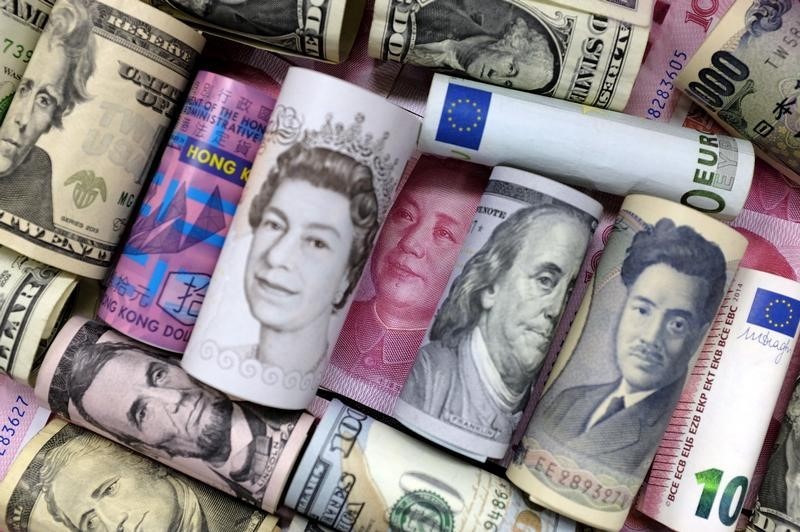This post was originally published on this site
https://i-invdn-com.akamaized.net/news/LYNXNPEC0O0HA_M.jpg
Cracks are appearing across the emerging-market landscape like never before.
As most nations brace for a likely surge in coronavirus cases, the signals from the developing world could hardly be more worrying for investors. Indexes of stocks, bonds and currencies may have risen last week as countries from India and Brazil to South Africa enacted unprecedented measures to buttress their economies, but Friday’s retreat was a reminder the turmoil is far from over. Trading on Monday started poorly, with emerging equities and currencies under pressure and crude oil sliding to a 17-year low.
“We find it too soon to sound the all-clear,” Deutsche Bank AG (DE:DBKGn) strategists led by Drausio Giacomelli in New York wrote in a note to clients. Stimulus efforts “are largely insufficient to deal with a prolonged crisis, and it is crucial that current measures suffice to contain the pandemic globally. This remains unknown,” they said.
Asian policy makers are piling on further measures to counter the impact of the virus. The People’s Bank of China on Monday lowered the interest rate it charges on loans to banks by the most since 2015, while Philippine central bank Governor Benjamin Diokno said over the weekend he’s ready to support the economy with further rate cuts and purchases of government securities.
More regions went on lockdown Monday, including the Thai tourist island of Phuket, while Indonesia and Vietnam prepared possible quarantines of their largest cities.
The rand slumped to a record low in early Monday trading after Moody’s Investors Service cut South Africa’s debt rating to junk on Friday. The nation may approach the International Monetary Fund for the first time for funding to fight the virus, Finance Minister Tito Mboweni said. The Mexican peso led declines after S&P Global Ratings lowered the nation’s rating to BBB, the second-lowest investment grade score.
Listen: EM Weekly Podcast: PBOC Reduces Repo Rate; South Africa Rating Cut
Emerging-market stocks last week had their biggest rally since 2018 and currencies strengthened on the back of global stimulus measures. But a sense of foreboding lingers. JPMorgan Chase (NYSE:JPM) & Co.’s gauge of expected price swings in developing-nation currencies is headed for its biggest monthly jump since the height of the global financial crisis in October 2008. Equities are poised for their worst month since the crisis, too.
“In the large emerging markets of the world economy — the likes of Brazil, Argentina, sub-Saharan Africa, India, Thailand, and Malaysia — the virus has yet to arrive at full strength,” Adam Tooze, a Columbia University economic historian and the author of Crashed, an account of the 2008 crisis, wrote in Foreign Policy. “With their populations at risk, their public finances stretched, and financial markets in turmoil, many emerging-market states and developing countries face a huge challenge.”
Central Banks in Action
Manufacturing PMIs
Argentina and Lebanon

